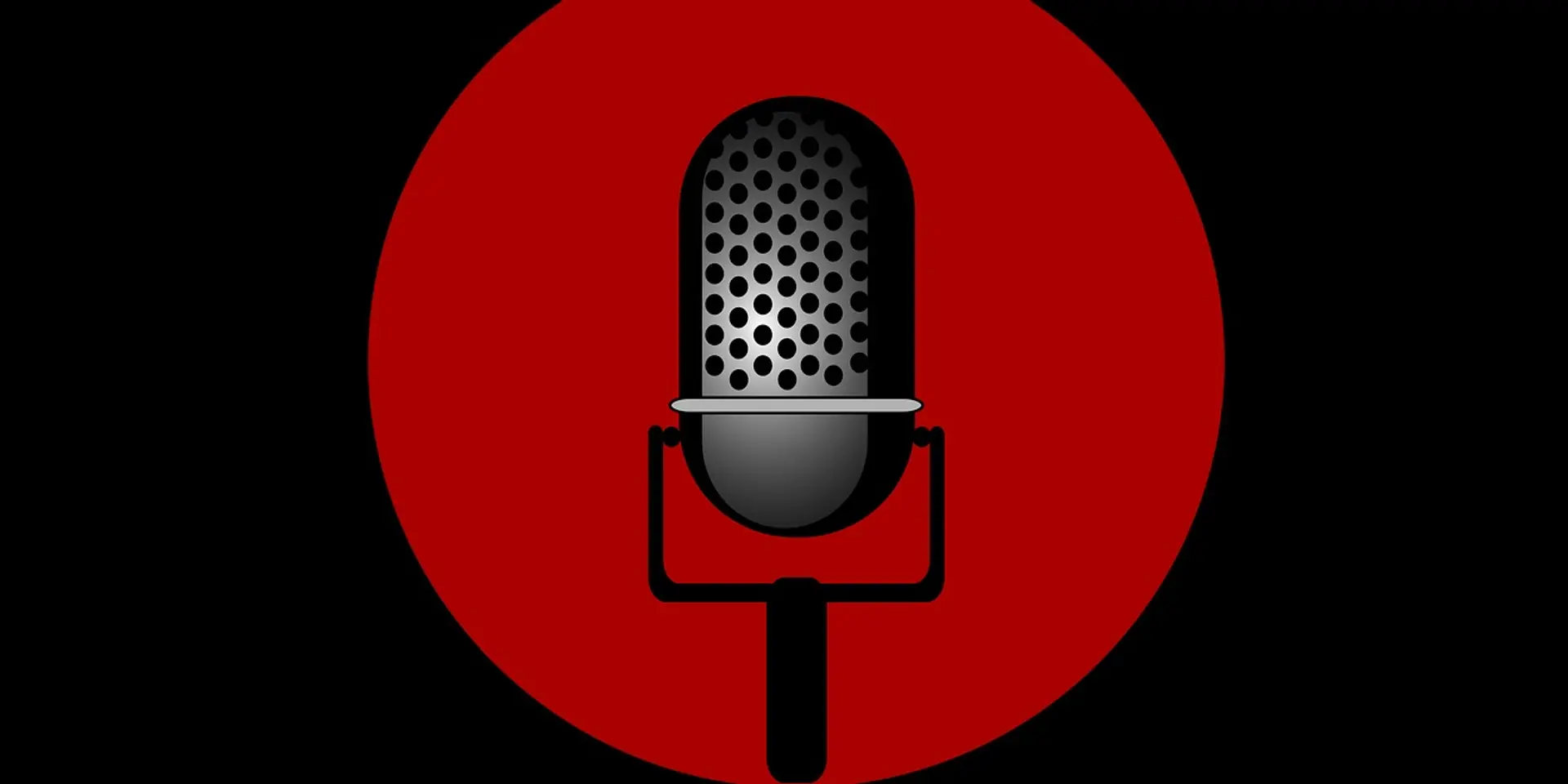


creativecommons.org
So, What Makes a Good Public Speaker? Many have asked this question.
Public speaking is an art. Throughout history, there have been famous speeches made by very charismatic speakers. However, many public speakers have had to work toward becoming a better speaker. There are resources that offer ways to improve aspects of public speaking.
Linguists, speech therapists, and voice coaches can help you become a better public speaker. Don't fall into unhealthy habits such as using drugs or alcohol to calm your nerves. Addiction to these unhealthy substances can develop. Instead, try understanding the art of public speaking. And learn your craft. Knowing that you know what you are talking about can build your inner confidence. To be a skilled public speaker you can listen to famous orators and podcasts. Imitation is a good way of faking it until you make it. You can also try these tips:
Articulation:
Keep your language simple. Articulation is often confused with using big words, but it is actually using the right words. Articulation is conveying a message in a simple and clear way. It is the ability to turn complex information into simple messages. You want your speech to be easy to process.
Learning how to become more articulate starts with physical and intellectual components. Practicing proper enunciation can help flex the muscles that allow us to speak. It is also helpful to craft the same message in a variety of ways. Some of the best speakers can use different language to express the same information using the Queen's English or language suitable for a group of third graders. For most public speeches, you want to convey a message that is clear and concise. Eliminating useless words from your speech will make your point more simple and powerful. Instead of using "in as much as," just say "since," or "because."
Appropriate Body Language:
Match your body language with the theme of your presentation or speech. Body language is one the many nonverbal forms of communication. A person’s body language can help audiences understand or misunderstand the speaker’s message. Make sure that you are using the appropriate gestures, facial expressions, and poses.
Confidence:
Confidence is key for any public speaker. An audience wants to feel that you know what you are discussing. Displaying assurance keeps the audience engaged. No one enjoys listening to a speaker who appears to be anxious and unsure of his or her words. A good public speaker has to make an audience feel secure. One useful tip is to take up space on the stage. Be open with your body language. Refrain from crossing your arms or legs.
Tone of Voice:
The tone of one's voice can convey nonverbal communication. A proper tone of voice can move an audience to listen with interest.
Verbal communication can become lost among nonverbal communication. Match verbal and nonverbal cues. A speaker’s tone of voice should be audible and evoke the message of the speech. Good speakers should breathe from their chests and avoid nasal tones. Speaking from your chest is the preferred tone of voice. Breathing from the diaphragm can produce the most attractive voice tones.
Proper Pacing:
Slow down. A steady pace helps speakers and their audiences. Fast speech can be difficult for audiences to digest. Speaking at a normal pace allows the audience to gasp the concept, thought, idea, or punchline of the joke.
Pacing your speech is important when presenting to an audience who is unfamiliar with your topic. Give them a second to understand the point before moving on to the next. Pacing yourself is also important when speaking in front of a diverse audience. A diverse audience may include listeners from various cultures or language backgrounds. A well-paced speech allows audiences increased opportunities to comprehend the speakers.
Enunciation:
It is vital that your audience understands the words you speak. Sometimes, audiences can mishear the speakers’ words. Misheard words can hinder your message or story. You don't want your audience confused or frustrated. Record yourself speaking. Do you hear yourself saying "blue" or "true"? Saying tongue twisters (“She sells seashells by the seashore” and “Red leather, yellow leather”) is a good exercise that can improve your enunciation.
No Filler Words:
Filler words take up blank space while speaking. Some examples of filler words and phrases include "um," "like,” "ah," "you know," or "so." These words and phrases fill the space between thoughts. Using filler words during a speech is poor communication. If you find yourself lost for words during a speech, do not use filler words. Instead, allow for a moment of silence. Then, you can proceed to your next thought and the rest of your speech.
Strong Openings:
It is important to capture your audience within the first two minutes of your speech. A strong opening will establish the tone of your speech or presentation. First impressions can be powerful. An impactful opening can capture the audience's attention and hopefully hold it throughout the speech.
References
https://www.eliterehabplacement.com/alcohol/rehab/
https://www.extension.harvard.edu/inside-extension/cut-clutter-17-phrases-omit-your-writing-today




![Top 10 Cheap Indian Press Release Distribution Services [Updated]](https://images.yourstory.com/cs/1/b3c72b9bab5e11e88691f70342131e20/LOGO-DESIGN-PR-INDIA-WIRE-03-1595693999405.png?mode=crop&crop=faces&ar=1%3A1&format=auto&w=1920&q=75)

![Top 10 Mobile App Development Companies in Chennai - 2019 [ Updated List ! ]](https://images.yourstory.com/assets/images/placeholder.png)